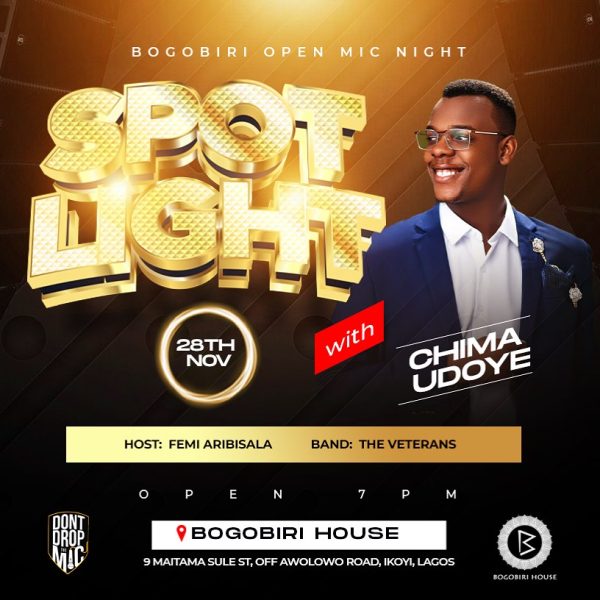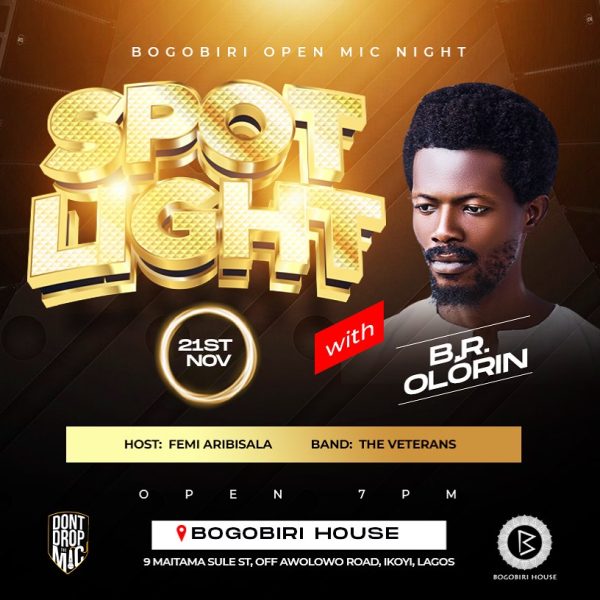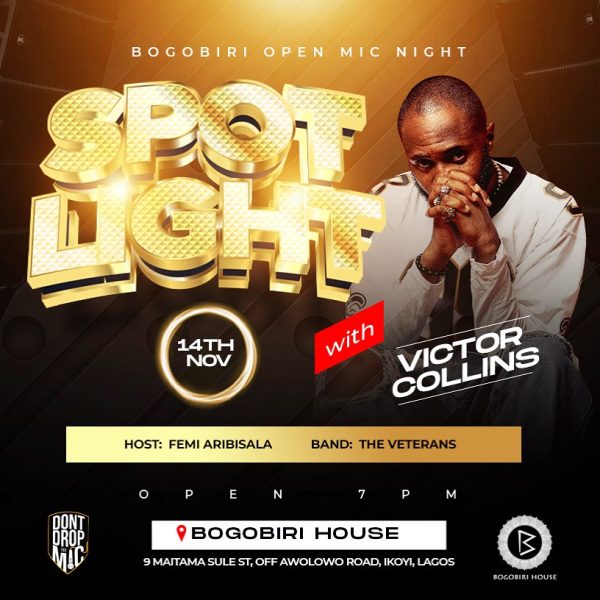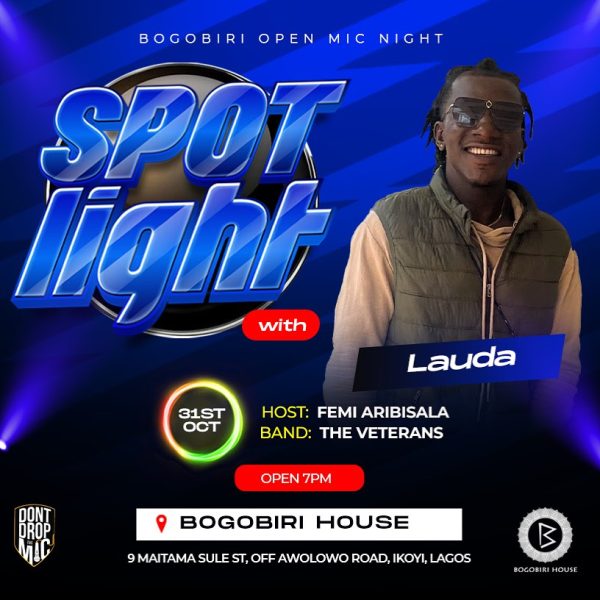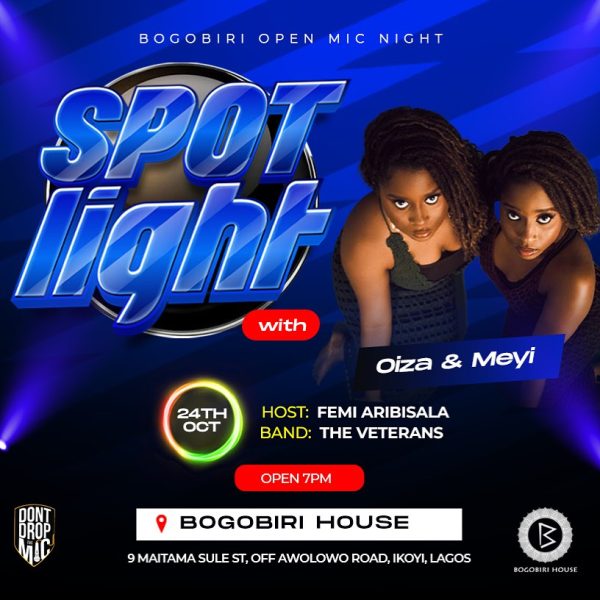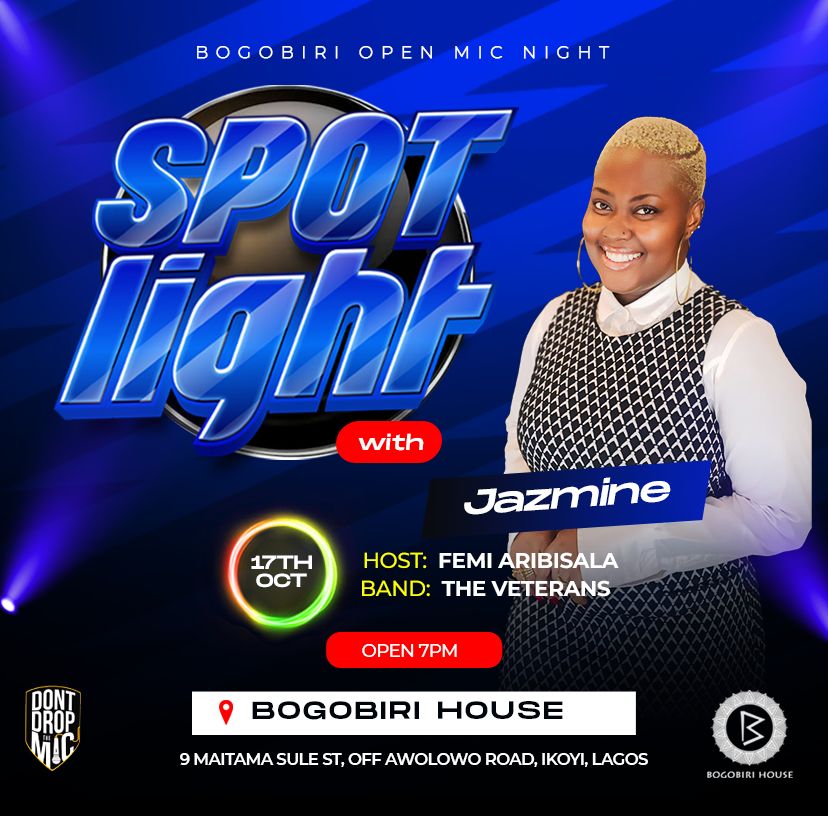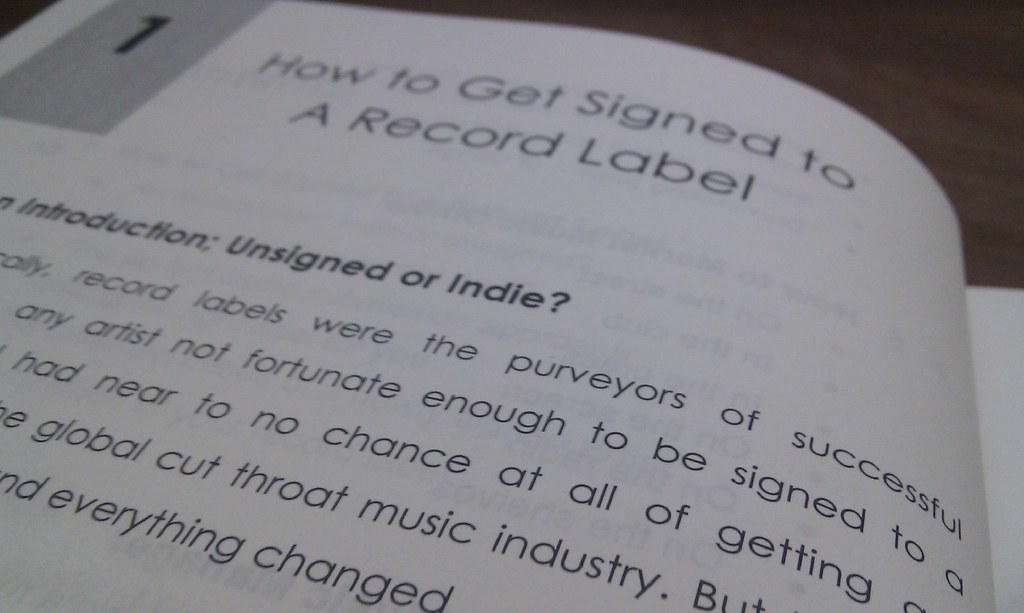
Getting signed by a record label is one of the most sought-after milestones for many musicians. It represents an opportunity to take your career to the next level, gaining access to resources, exposure, and networks that are difficult to achieve independently. However, the path to getting signed isn’t a straightforward one, and it requires a mix of talent, strategy, and persistence. While every artist’s journey is unique, there are some key insights that can help you navigate the process.
First and foremost, having great music is essential. Labels are always looking for artists who create music that stands out, resonates with audiences, and shows potential for growth. Before you even think about approaching a label, make sure your craft is at its best. Invest time and energy into perfecting your sound. Whether you’re producing your own beats, writing your own lyrics, or working with collaborators, the quality of your music will always be the most critical factor. Record labels are in the business of selling music, so they’re going to look for artists whose sound they believe can be successful in the market.
Another important factor is building your own momentum. In today’s music industry, labels want to see that you already have an audience before they invest in you. This means working on growing your fanbase independently. Thanks to social media and streaming platforms, it’s easier than ever for artists to share their music with the world. Platforms like Instagram, TikTok, and YouTube give artists the opportunity to create buzz around their music without the backing of a label. Use these platforms to engage directly with your fans, build a loyal following, and create content that showcases your personality and artistry. Labels are increasingly looking for artists who are proactive and can build their own brand. They want to sign someone who’s already creating excitement in the industry.
Live performances are also an invaluable tool. Performing live allows you to connect with your audience in ways that digital platforms cannot. It shows labels that you can engage a crowd and have the stage presence necessary for success. Play as many shows as you can, whether they’re small local gigs or larger festivals. Building a reputation as a dynamic performer will set you apart from other artists. Record label scouts often attend live performances to discover new talent, and if you can deliver an unforgettable live experience, it increases your chances of getting noticed.
Networking plays a huge role in getting signed as well. The music industry is driven by relationships, so it’s important to build connections with industry professionals. This includes other artists, producers, managers, A&Rs (Artist and Repertoire representatives), and even media outlets. Attend industry events, festivals, and showcases where people in the business gather. Building these relationships can often lead to opportunities that wouldn’t otherwise be available. Sometimes, it’s not about directly pitching your music to a label, but rather connecting with the right person who can champion your work behind the scenes.
That said, when you do reach out to a label, make sure you’ve done your homework. Not every label is the right fit for every artist. You need to research which labels align with your style and genre. Are you an afrobeats artist? Look for labels that have a history of working with afrobeats artists. Are you a rapper with a more alternative sound? Find labels that have a reputation for pushing boundaries in hip-hop. It’s also important to know what size label you’re targeting—major labels offer massive reach and resources, but indie labels often provide more creative freedom and personalized attention. Understand what each label can offer you and tailor your approach accordingly.
When you’re ready to approach a label, having a strong EPK (Electronic Press Kit) is essential. An EPK acts as your music resume—it’s a professional presentation that includes your bio, music samples, press coverage, videos, social media links, and performance history. Your EPK should highlight your unique selling points and give the label a clear sense of who you are as an artist. It’s important to keep it concise but impactful, showcasing the very best of what you’ve accomplished so far. Make sure your music is easily accessible—whether through SoundCloud, Spotify, or other streaming links—so that anyone reviewing it can instantly hear your sound.
Persistence is another key component. You might not get signed immediately, and that’s okay. Many artists face rejection before finding the right label. The key is to stay committed to your journey, keep improving your craft, and continue building your fanbase. Labels want to see that you’re serious about your career and that you’re not relying solely on them for success. The more independent progress you make, the more attractive you become to potential labels.
Finally, remember that signing with a label isn’t the end-all-be-all of a successful music career. Many artists today are thriving independently, leveraging streaming platforms, social media, and direct-to-fan models to build lucrative careers without a traditional label. However, if signing with a label is part of your vision, it’s important to approach it strategically. It’s about finding the right partnership—one that supports your artistic vision and provides the tools you need to grow.

